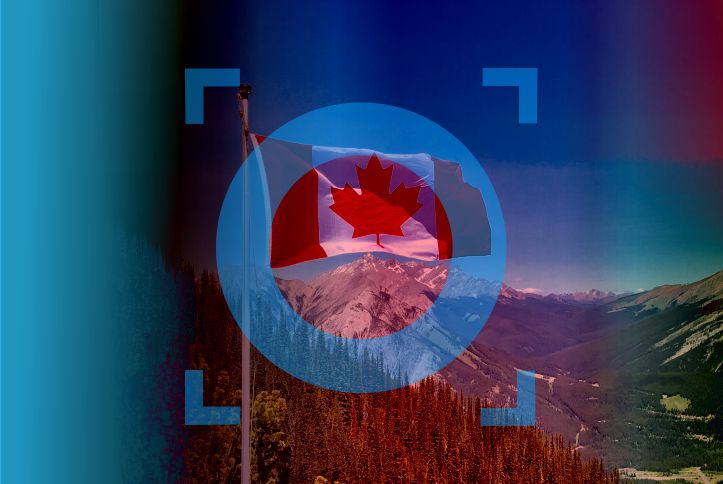July 7, 2020 – Although the country faces ongoing public health and economic crises due to COVID-19, seven-in-ten (72%) Canadians still feel that protecting natural ecosystems and habitats (and the animal and plant life that they support) should be a major or moderate priority for the federal government.
This is one of the many noteworthy findings from a new survey conducted by Pollara Strategic Insights on behalf of the International Boreal Conservation Campaign and the Indigenous Leadership Initiative. The online survey was conducted amongst a randomly-selected, reliable sample of N=3,019 adult Canadians. Online surveys cannot be assigned a margin of error. A probability sample of this size would yield results accurate within ± 1.8%, 19 times out of 20 (95%). The dataset was weighted according to the most recent Census in order to ensure the sample represented the gender, age, and regional proportions of the actual adult general population.
Historically, national crises – especially recessions – have been witness to a significant decline in public support for environmental action. Yet, despite the unprecedented impact and challenge of COVID-19, Canadians currently remain committed to conservation and fighting climate change. Of course, about nine-in-ten feel that the economy (91%), health care (90%), and responding to the pandemic (88%) should be major or moderate priorities for the federal government. However, clear majorities also feel the same about protecting natural ecosystems and habitats (72%), reducing social inequality (72%), and fighting climate change (65%).
Moreover, when considering the federal government’s economic recovery initiatives, 72% want the government to rebuild the economy while introducing change to how the economy operates and generates growth – either through new approaches (39%) or a fundamental transformation (33%). Only 16% want the federal government to introduce measures designed to simply rebuild the pre-COVID economy.
Indeed, most Canadians feel it is very or somewhat important that the federal government’s economic recovery measures include investments in renewable energy sources (76%), nature-based climate solutions like planting trees and creating new protected areas (74%), anti-climate change initiatives (71%), nature conservation and stewardship (70%), cleaner modes of transportation (70%), Indigenous communities (65%), and Indigenous land stewardship (57%).
As part of the federal government’s economic recovery measures, seven-in-ten (72%) Canadians also support funding and investing in Indigenous stewardship, including Indigenous Guardians – trained local experts who manage lands and waters, test water quality, restore species like caribou and salmon, and monitor development such as mine sites or forestry projects. Just 13% express opposition.
Additionally, 84% of Canadians feel it is very or somewhat important that the federal government invest in measures that will protect 30% of lands, rivers and lakes by 2030. Seven-in-ten feel the same about investing in measures that reduce carbon emissions by 30% by 2030 (71%) and implementing the recommendations of the Truth and Reconciliation Commission and the Missing and Murdered Indigenous Women and Girls Commission (70%).
For more details from this study, including the report and associated commentary, visit the IBCC website.





